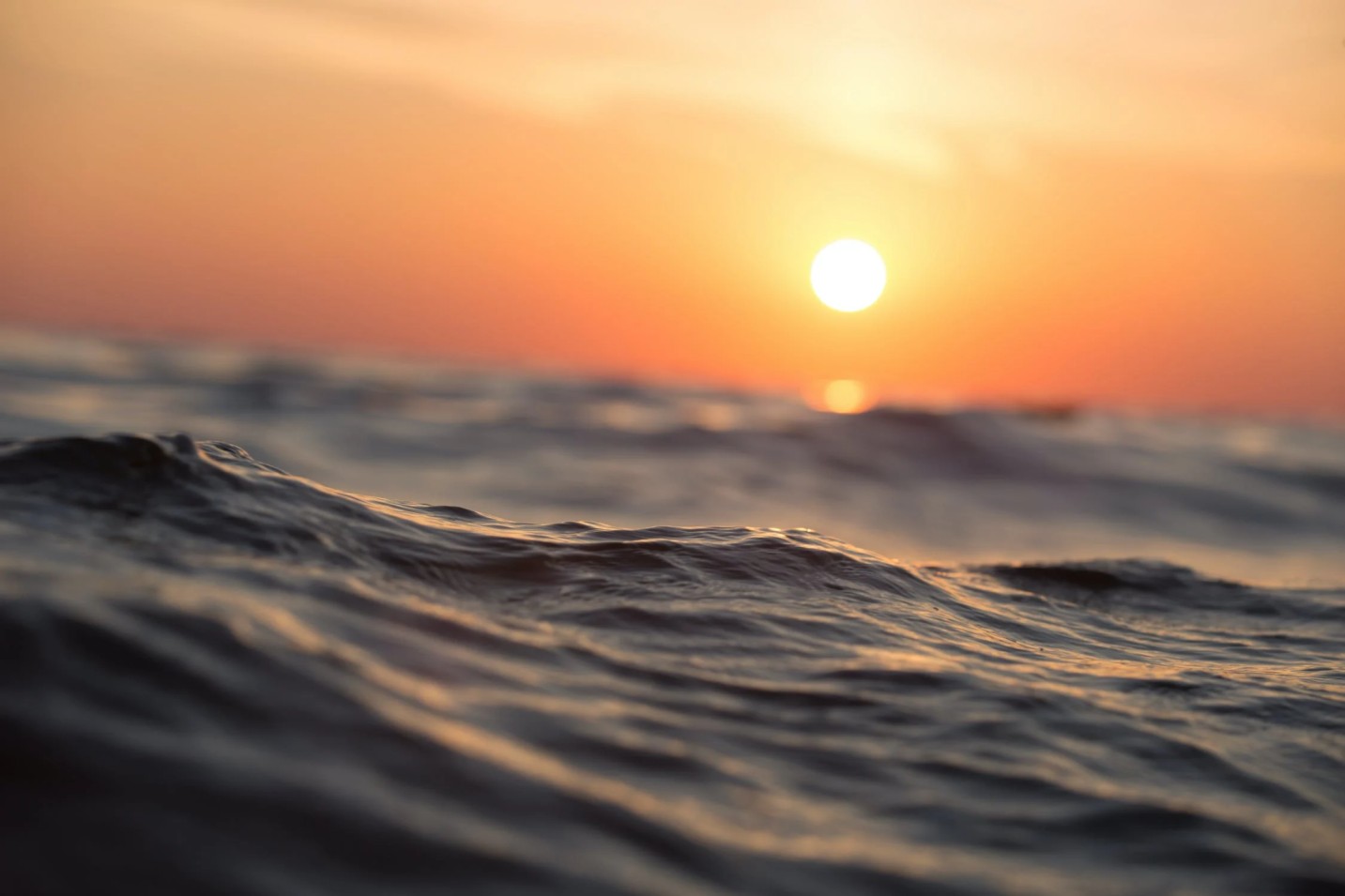Water is one of the essential building blocks of life, and that is a fact that will never be untrue. Even as human technology advances, our need for clean water has never changed. Clean water is essential to not only the economy but to humanity’s survival. After all, we humans are made up of 70% water, and it’s important to keep the water that we drink free of anything harmful.
However, one of the biggest crises in the modern world is the pollution of our water supply. Based on accurate reports from marine weather forecasting, climate change has severely affected the ocean. Today, let’s talk about what causes ocean pollution, and what we can all do to help with the problem.
Causes of Water Pollution
There are several causes for water pollution, but here are a few examples.
Rapid Urbanization
The rapid urbanization of previously uncharted land causes major issues to the local biome. More people mean more demand, which means more factories and buildings to provide for those needs. All of the waste from this rapid spreading from laundry, trash, and vehicle exhaust flows into the rivers and streams.
Sewage needs to be disposed of properly, and yet several large corporations simply do not care about the adverse effects of their toxic waste. A lot of sewage treatment plants, whether through lack of funds or incompetence, start to cut corners and this leads to trash ending up where it shouldn’t.
From the humble family just wanting to keep their yards a brilliant shade of green to massive farms with miles of crops, fertilizer is an essential component. However, the runoff from all of the fertilizer results in algae that end up in the water and kill off underwater fish and fauna.
Industrial Waste
Infamous oil spills such as the BP oil spill and Exxon Valdez certainly cause massive toxic upheavals in the ocean biosphere, but those aren’t the only ways oil makes it into the ocean. The leakage of oils from vehicles also contributes to the problem. While one car is no issue, imagine the millions upon millions of cars every day that leak oil onto roads and into the sewers.
Huge factories are also notorious for cutting corners and having all of their waste just dumped into a nearby water source. There are hundreds of toxic chemicals involved in the manufacturing of products that humanity uses, and this discharge affects the ocean directly.
A step up from toxic chemicals is radioactive waste. While nuclear energy has a strong potential to be a safe energy resource, improper radioactive waste disposal means that radiation ends up in the water. One need only look at the reckless handling of incidents such as Chernobyl and Fukushima to see how dangerous nuclear energy is if handled improperly.
Ways to Help with Water Pollution
While these all seem incredibly intimidating, there are a lot of things we humans can do to reduce the amount of pollution that goes into our ocean.
Water Purification
Wastewater isn’t unsalvageable. People can make use of water filtration to recycle water and reduce excessive water usage. As this technology becomes more efficient, the water that you use becomes cleaner.
While it’s true that mangroves do clean water and reduce toxic elements such as carbon dioxide, filtering water while it’s still in the city means these mangroves are less likely to be destroyed.
An often-underestimated source of wastewater is stormwater. The runoff from rainwater and melted snow also heavily affects the water quality in a local community. By extension, that water contributes to a greater problem of ocean pollution.
Proper stormwater management is important for this very reason, especially with how little presence it has in the conversation of water treatment.
Greener Agricultural Practices
Agriculture makes up over 70% of all water usage in the world. Therefore, farms and local communities must practice greener ways to grow their plants. It’s important to grow only climate-friendly fauna, irrigate waste properly to reduce water waste, and use less harmful chemicals on plants.
Air Purification
Air may be a different biome from the ocean, but it’s by no means completely separate. Air pollution also adversely affects the ocean. All the pollutants in the air eventually end up being absorbed by the ocean’s waters, and this has caused severe acidification. This threat has destroyed natural habitats and threatened the life of aquatic life.
Reduction of Non-Biodegradable Waste
Being more resource-efficient is one of the simplest things you can do to reduce ocean pollution. Promoting sustainable packaging, for example, is one way to reduce plastics and promote net-zero commitments. The majority of plastic found in the ocean comes from wasteful usage of it on land. Plastic and other trash destroy habitats and poison the water supply as it deteriorates slowly. Recycling and minimizing the use of non-biodegradable waste is a strong step towards cleaner oceans.
Water Conservation
The best way to reduce water pollution is by just reducing water usage altogether. While the essentials of survival are needed, it’s important to never take it for granted. Several countries go without water and in comparison, first-world countries consume millions of liters of needless things.
Conclusion
If there’s anything to gather from this article, it’s the importance of water conservation. While there should be advancements towards cleaning water through different methods, the best cure for ocean climate change is prevention. Teach by example and use less resources overall, and support water treatment projects whenever you can.


